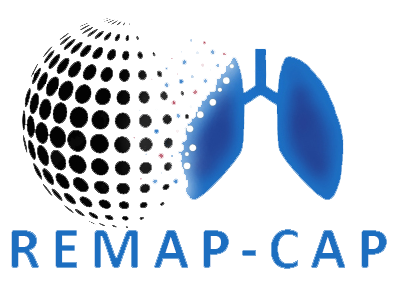REMAP-CAP contributed to important work on improving how clinical trials are conducted across borders. Conducting clinical research, especially during a public health emergency such as a pandemic, requires navigating a complex web of ethical, administrative, regulatory, and logistical (EARL) requirements. In this publication, we aimed to provide insights into where improvements could be made and analyzed EARL timelines in different countries, such as time to first patient enrollment. The results show the extraordinary amount of work of all teams across Europe. It was found that some countries, such as the UK and also France, were able to accelerate timelines substantially during the COVID-19 pandemic. In other settings, there were still challenges, particularly in long contracting timelines.
We hope that these findings spark further conversation about how we can collectively streamline EARL processes to ensure that patients across Europe can keep benefitting from innovative research.
- 02 July 2025


